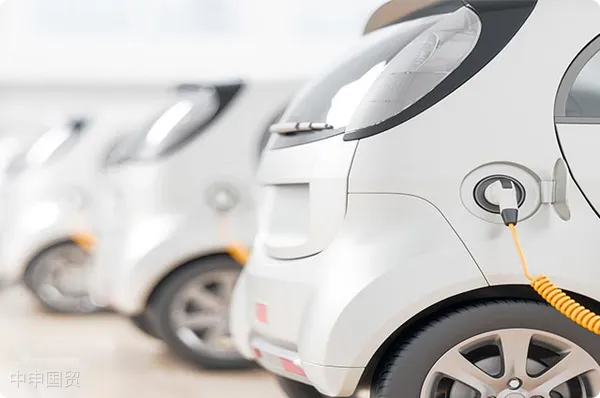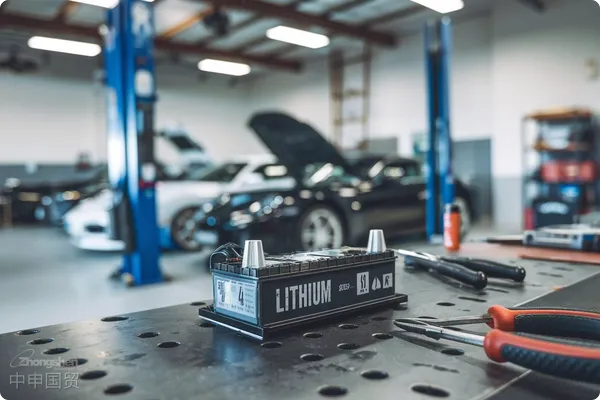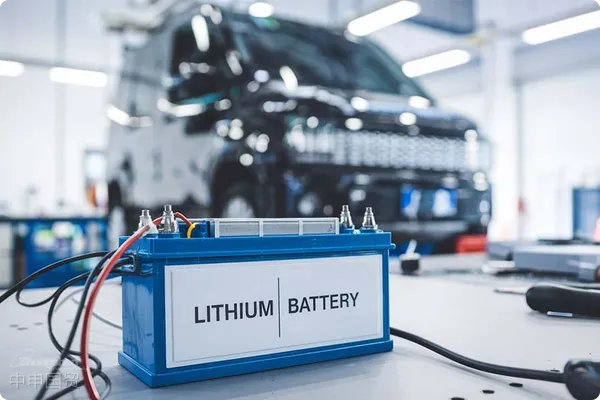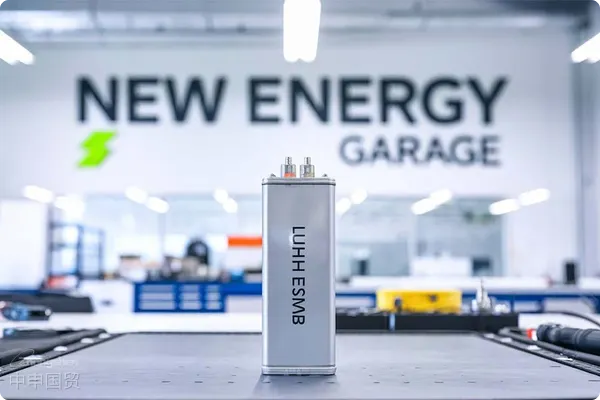- Shanghai Zhongshen International Trade Co., Ltd. - Two decades of trade agency expertise.
- Service Hotline: 139 1787 2118
I. Electrification Challenges in the European and U.S. Automotive Industries
II. The Rapid Rise of Chinese Electric Vehicles
Policy-Driven Growth of Electric Vehicles
These policies have significantly boosted the R&D and market promotion of EVs. Major automakers such as Tesla, Volkswagen, GM, and Ford have increased their investments in the EV sector, launching multiple EV models to meet market demand and policy requirements.
Dual Challenges of Technology and Cost
However, the production and popularization of EVs still face numerous challenges. The first is cost—key components of EVs, particularly batteries, are expensive, significantly increasing the overall vehicle cost. Additionally, on the technical front, despite advancements in battery technology, issues such as insufficient range and inadequate charging infrastructure persist, limiting the rapid adoption of EVs.
Meanwhile, China has rapidly risen in the EV sector, becoming a major global competitor. Data shows that Chinas EV market accounts for over 50% of global EV sales, and Chinas EV exports surpassed Japans for the first time in 2023, making it the worlds largest auto exporter.

III. Reorientation of EV Development in Europe and the U.S.
Cost Advantages of Chinese Electric Vehicles
Chinese-made EVs have a clear advantage in cost control. BloombergNEF data shows that the volume-weighted average price of Chinese battery packs is $127/kWh, significantly lower than in North America and Europe. This cost advantage, combined with Chinas continuous innovation in battery technology, electric drive systems, and electronic control systems, gives Chinese EVs strong competitiveness in the global market.
Chinese-made electric vehicles have a clear advantage in cost control. BloombergNew energyData from BloombergNEF shows that the volume-weighted average price of Chinese battery packs is $127/kWh, significantly lower than in North America and Europe. This cost advantage, combined with Chinas continuous innovation in battery technology, electric drive systems, and electronic control systems, gives Chinese electric vehicles strong competitiveness in the global market.
Supply Chain Integrity
China has not only made progress in electric vehicle manufacturing, but the integrity of its EV supply chain has also supported the rapid development of its industry. Over 80% of EV battery cells are produced domestically in China, and Chinese manufacturers have extended their supply chains upstream to mineral mining and processing, further consolidating their position in the global EV industry chain.
In recent years, driven by government policies, the automotive industries in Europe and the U.S. have clearly leaned toward electrification. For example, the EU passed a ban in March 2023, prohibiting the sale of new gasoline and diesel cars from 2035. The U.S. also issued Executive Order 14057 in 2021, requiring that all light-duty vehicles purchased by the federal government meet zero-emission standards by 2027.
Although electric vehicles are seen as the future direction, recent moves by European and American automotive giants indicate strategic adjustments in their electrification processes.
Slowdown in European and American Markets
The latest market data shows that EV sales in Europe have begun to slow or even decline in recent months. This suggests the EV market may be nearing saturation, with the early adopter segment willing to pay premium prices largely exhausted, while broader market adoption faces dual bottlenecks of cost and technology.
Strategic Adjustments by European and American Manufacturers
Facing market and technological challenges, along with the strong rise of Chinese competitors, some European and American automakers are reassessing their EV strategies. For example, Tesla canceled its Mexico factory plan, and Apple abandoned its long-developed EV project. Meanwhile, others like Mercedes-Benz and Ford have announced delays to EV sales targets, shifting focus to improving internal combustion engine models or increasing hybrid offerings.
Related Recommendations
Category case
Contact Us
Email: service@sh-zhongshen.com
Related Recommendations
Contact via WeChat

? 2025. All Rights Reserved. 滬ICP備2023007705號(hào)-2  PSB Record: Shanghai No.31011502009912
PSB Record: Shanghai No.31011502009912








